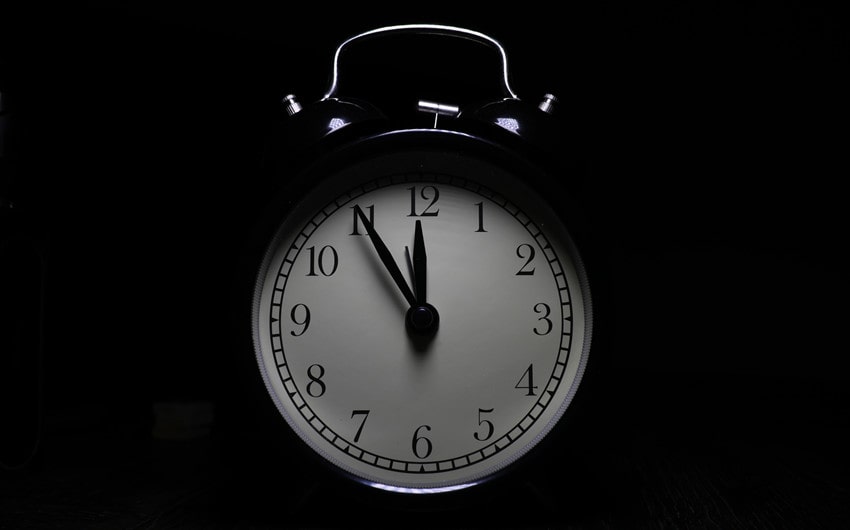Does Midnight Start a New Day? What Time Really Means
We all know the clock flips to 12:00 AM and suddenly… it’s “tomorrow.” But have you ever stopped to wonder: does midnight actually start a new day? Is 11:59 PM really “yesterday” and 12:00 AM magically “today”? And why do we treat midnight like a universal reset button?
Let’s break it down, one tick at a time.
Yes—Midnight Officially Starts a New Day
According to modern timekeeping systems, midnight (12:00 AM) marks the beginning of a new calendar day. That means once the clock moves from 11:59 PM to 12:00 AM, the date flips forward—just like when your phone auto-updates the calendar at the stroke of twelve.
This system is based on the 24-hour clock used around the world for timekeeping. The day begins at 00:00:00 (midnight) and ends at 23:59:59, just before the next midnight begins.
So Why Midnight, Exactly?
Midnight is the halfway point between one day’s sunset and the next day’s sunrise—a natural in-between that made sense even before clocks existed. Ancient timekeeping methods often relied on sundials and stars, but as mechanical clocks became common, society needed a fixed, universal way to track and reset days.
Midnight was chosen because:
- It’s a clear-cut dividing line between “before” and “after.”
- Few people are active at that hour (so there’s minimal confusion).
- It allows a full night’s rest to belong to a single date on the calendar.
What About the Confusion Between AM and PM?
Let’s be honest—12:00 AM and 12:00 PM can get a little confusing. Technically:
- 12:00 AM = midnight = start of a new day
- 12:00 PM = noon = midpoint of the current day
To avoid the ambiguity, many professionals (especially in transportation, military, or science) prefer using a 24-hour clock. In that system:
- Midnight = 00:00
- Noon = 12:00
- Just before midnight = 23:59
This clears up a lot of the “wait, which day is this?” situations.
Do All Cultures Follow the Same Rule?
Mostly, yes—but not always. Some cultures and religious traditions define the start of the day differently:
- In Judaism, the new day begins at sunset, not midnight.
- Islamic calendars often begin the day at sunset as well, based on lunar observation.
- Ancient civilizations like the Babylonians and Egyptians started days at sunrise.
Even now, some people refer to “midnight” as part of the night that began earlier. That’s why you might say “Friday night” even though technically, it’s 1:00 AM on Saturday.
Does It Really Matter When the Day Starts?
It depends on what you’re doing. For official records, contracts, timestamps, and technology—midnight is the line. That’s when your phone logs a new date, your alarm app resets, and your smart fridge decides it’s now “Tuesday.”
But for daily life? Midnight’s more symbolic than practical. Most people consider their day over when they go to bed—not when the clock hits 12. If you stay up late binge-watching shows, midnight just means the next episode starts, not necessarily a new day emotionally.
Final Thoughts
So yes, midnight technically starts a new day. It’s a clean, clock-based moment when one date ends and another begins. But in real life, it’s also a bit flexible. Whether you greet midnight with confetti, confusion, or completely asleep, one thing’s certain—it marks a new beginning. And sometimes, that’s all we need to know.






